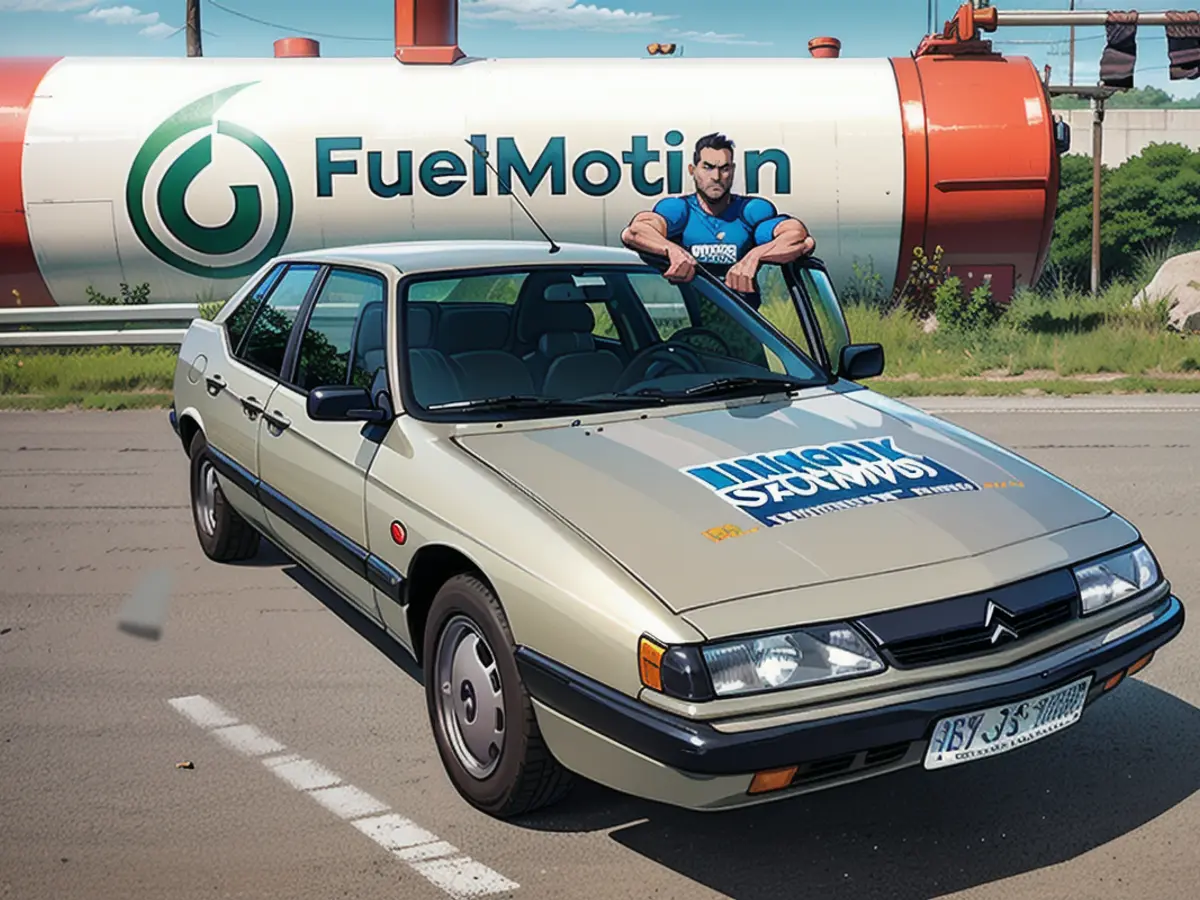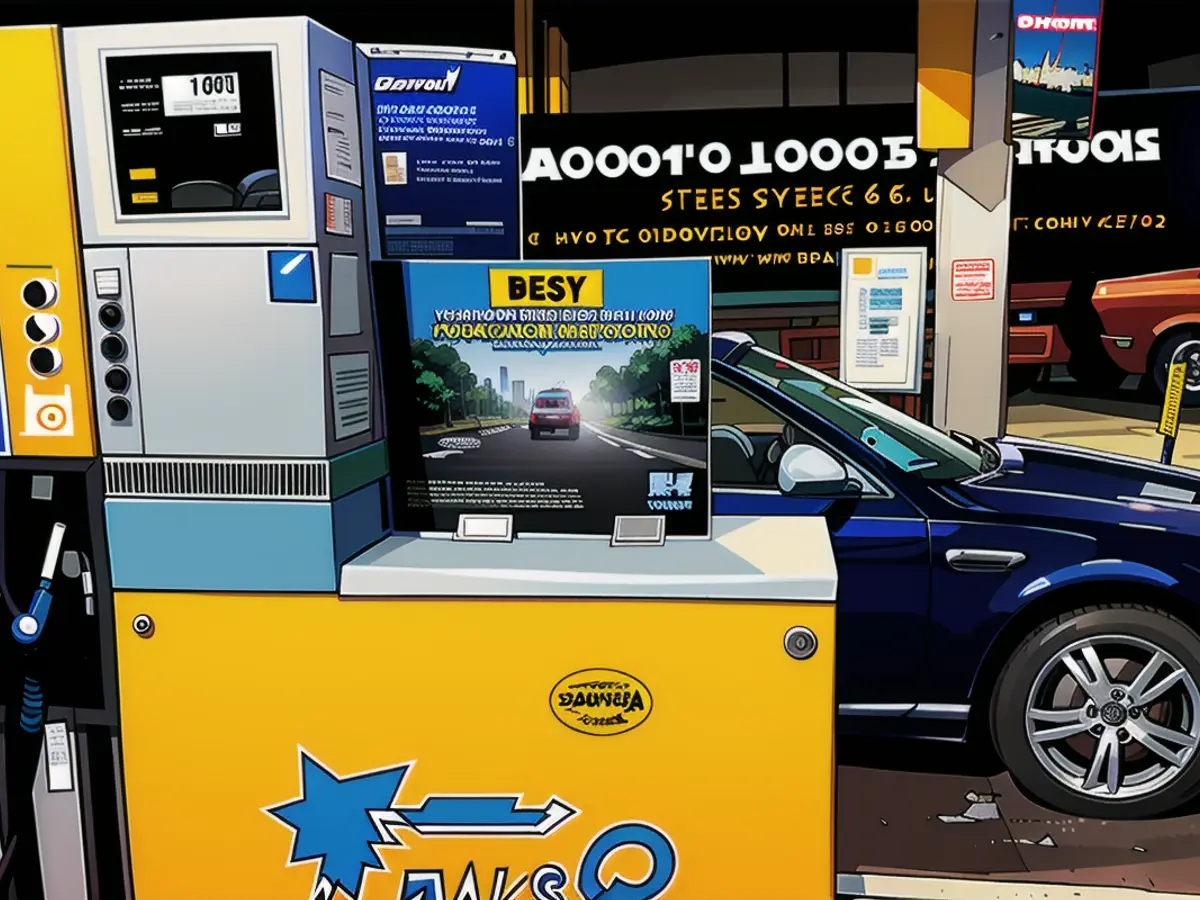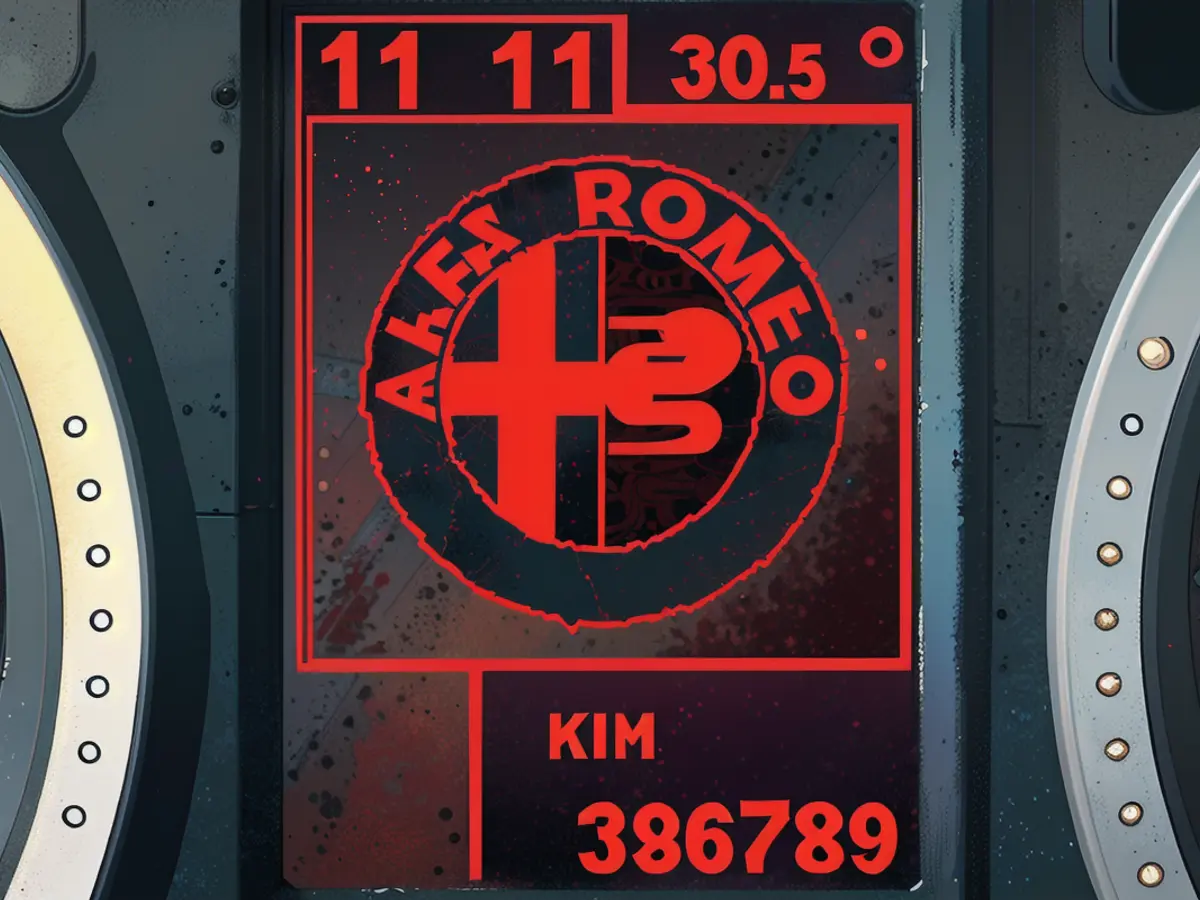Diesel HVO100: A Type of Fuel - BILD is conducting a long-term test with the newly developed eco-fuel.
With around 20,000 kilometers under its belt, the Citroen has shown zero differences in operation when operating on HVO100 compared to regular diesel. There are no technical issues, no changes in engine performance, or alterations in fuel consumption.
Technically speaking, HVO100 is superior to conventional diesel
From a technical standpoint, HVO100 is a higher-quality fuel than standard diesel. HVO can be blended with regular diesel in any ratio or used in its pure form. Essentially, any diesel engine can accommodate HVO, from an old tractor to a highly advanced common-rail diesel equipped with a particulate filter and AdBlue system. As a result, manufacturers are now issuing retroactive approvals for its use.
It's crucial to ensure that rubber hoses and gaskets are in top-notch condition

Essential: All rubber hoses, hoses, and gaskets in the fuel system should be free of technical faults. Aromatics in diesel keep fuel-carrying components flexible and therefore tight.
In HVO, there are no aromatics. If an engine with slightly leaky, porous rubber hoses is switched from diesel to HVO, there is a risk that the hoses will become more leaky. This issue occurs exclusively for rubber components. Rubber hoses that are worn out would also become leaky in diesel usage.
By replacing or checking these components (typically inexpensive spare parts) before the first HVO refueling, there are no technical risks for HVO operation, even in very old diesel engines.

No noticeable differences between HVO100 and regular diesel when driving
A 34-year-old Citroen XM Turbodiesel is operating flawlessly with HVO100 – since August 2023 and now with over 20,000 kilometers. The verdict from the team: During HVO100 operation, driving behavior is indistinguishable from regular diesel.
HVO100 improves combustion behavior in the engine. Approximately 30% fewer nitrogen oxides and particulate matter are emitted, and the wear on parts like particulate filters and exhaust gas recirculation valves is reduced.

An Alfa Romeo has driven 200,000 kilometers with EcoDiesel
The eFuelsNow Association's technicians and engineers have been handling an Alfa Romeo 159 that has covered approximately 200,000 kilometers with EcoDiesel since the beginning of 2020 – without any hurdles.
Know the guidelines before switching to HVO100

Be cautious: Not every car manufacturer supports HVO100 use in their vehicles! Check your vehicle's operating instructions to determine if it can be refueled with sustainable diesel.
Fuel-type indicators are often found in the fuel filler cap, and HVO100 is marked as "XTL." If there is no indication, consult your vehicle's dealer or manufacturer.
BMW is a trailblazer in HVO100 usage: According to the ADAC, the Germans have already "approved all diesel models, even older used cars, for the use of fuels according to the EN 15940 standard."

The ADAC is currently listing approvals for HVO100 for only a handful of models from Audi, Citroen/Peugeot/Opel, Nissan, Renault/Dacia, Seat/Cupra, Skoda, Toyota, Volvo, and VW.
"Now the manufacturers are being urged to design new cars for this purpose and to evaluate and approve older models," states ADAC Technology President Karsten Schulze.
Read also:
- Highlights of the series in May are featured.
- The State Secretary engages in soccer activity.
- The Former Leipzig Player's Salary in the United States
- Man menaced to slay his own infant








